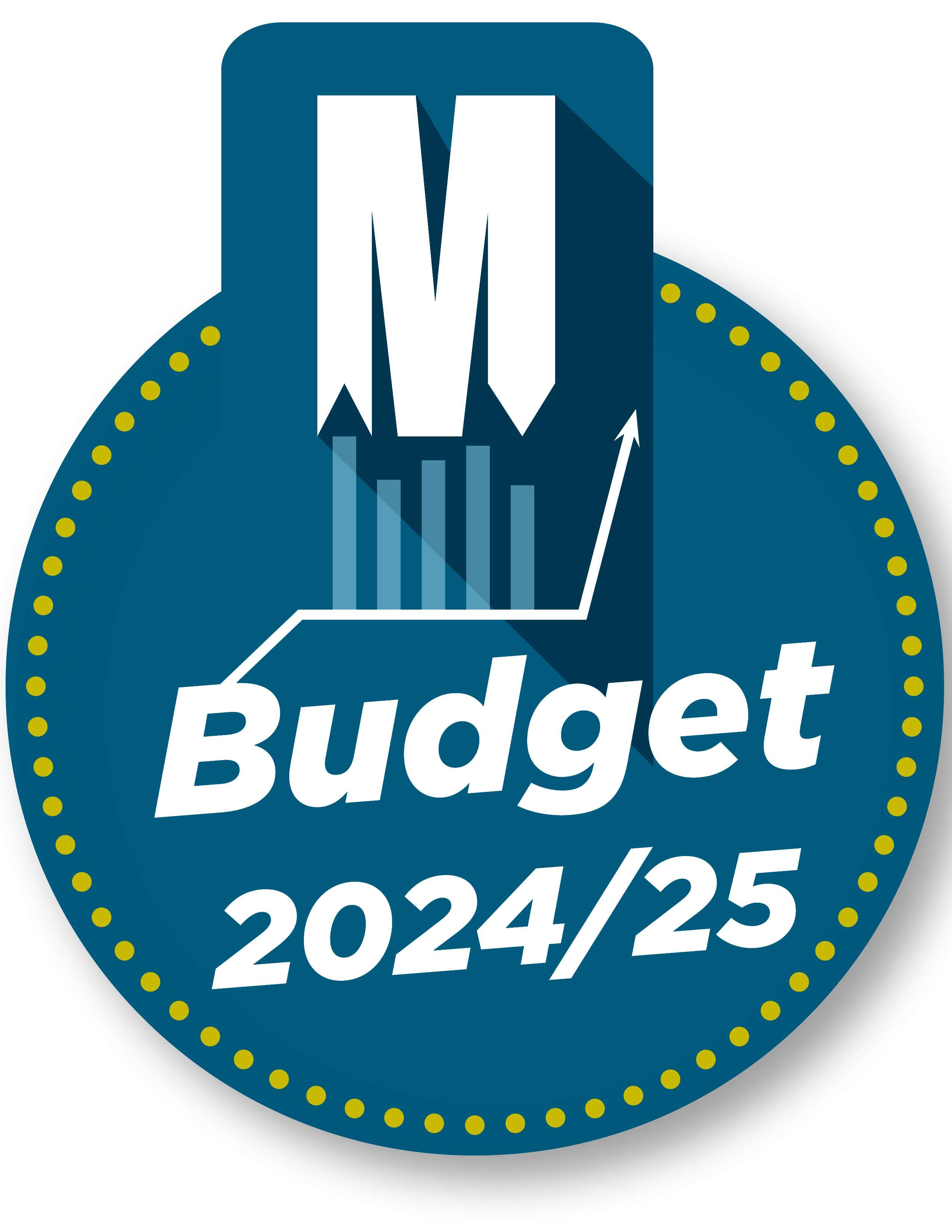‘Spread spending power among people’
Cap public wage bill
Namibia's spending choices came under the spotlight at an expert discussion under the theme, "The National Budget in an Election Year: Fiscal Expansion and Strategic Priorities".
Government should consider capping the public sector wage bill and use part of the savings to invest in social welfare spending, with the ultimate view to creating micro-economies.Floris Bergh, chief economist at Capricorn Asset Management (CAM), expressed this view on Tuesday during a pre-budget public discussion hosted by Capricorn Group, in collaboration with the Economic Association of Namibia, GIZ and the High Economic Intelligence (HEI).
Finance minister Iipumbu Shiimi will table the 2024/25 Budget in parliament next Wednesday.
"I would say let us cap the wage bill and reduce it over time. Use the savings from the wage bill to add to the social grants and welfare spending. Spread the spending power among the people. You need to get the money to people where they are," Bergh said.
The discussion, moderated by Prof Teresia Kaulihowa, associate dean of the School of Commerce and Management Sciences at the Namibia University of Science and Technology (Nust), delved into the implications of the expected fiscal expansion in the annual national budget. It also examined the alignment of such spending and related fiscal reforms with the nation's development priorities.
HEI managing director Salomo Hei expects an increase in spending, especially in the areas of education and healthcare.
"We see a lot of money in education, but do not see the impact. Where is the money going? We want a return on investment and currently, that is not what we see," he said.
NamRA
Tax expert Cameron Kotze praised the Namibia Revenue Agency's (NamRA) integrated tax administration system (ITAS), but believes the agency can do more, especially when it comes to the timely processing of value-added tax (VAT) refunds.
"We are trying to compete in a region. We have the highest corporate tax rate. Our tax tables for individuals have not been amended for a number of years now, and there is a lot of money caught up in the tax system. I don't think NamRA is as efficient as it potentially could be. I think the ITAS system is very good, but has not been used to its full potential,” Kotze said.
“The delay in processing VAT refunds is a big reason our economy's wheels are not turning smoothly. As an exporter, I can't get my refund within the two months the law prescribes. Sometimes people wait a year to get their refunds back," he added.
Youth
FirstRand Namibia group economist Ruusa Nandago said the government should consider coming up with structural reforms to help boost employment, particularly among the youth.
"Namibia has a problem of jobless growth, and one, two or three budgets cannot fix that. I don't think budget pronouncements would solve the unemployment issue,” Nandago said.
“In previous budget speeches, the ministers always spoke of unemployment as an issue. The Youth Credit Scheme, the Youth Employment Tax Incentive and National Internship, as well as the Green Hydrogen Scholarship initiatives, have been rolled out, but these are not the kind of things that change the structural problems," she added.





